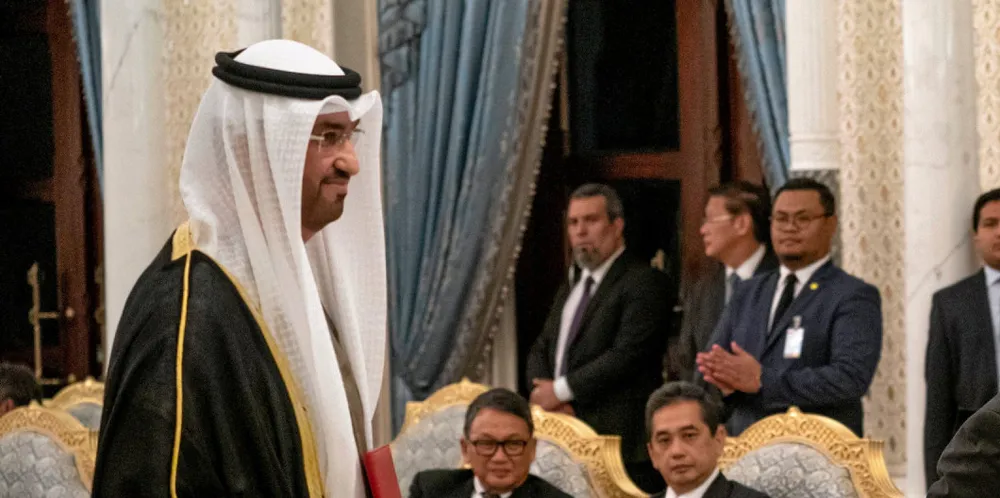'Attack all emissions' | Is it Greta Thunberg? No, it's the oil boss running COP28
OPINION | Sultan Ahmed Al Jaber is certainly talking the talk when it comes to proving his critics wrong, but will he tackle the 'elephant in the room' in Dubai?

OPINION | Sultan Ahmed Al Jaber is certainly talking the talk when it comes to proving his critics wrong, but will he tackle the 'elephant in the room' in Dubai?
